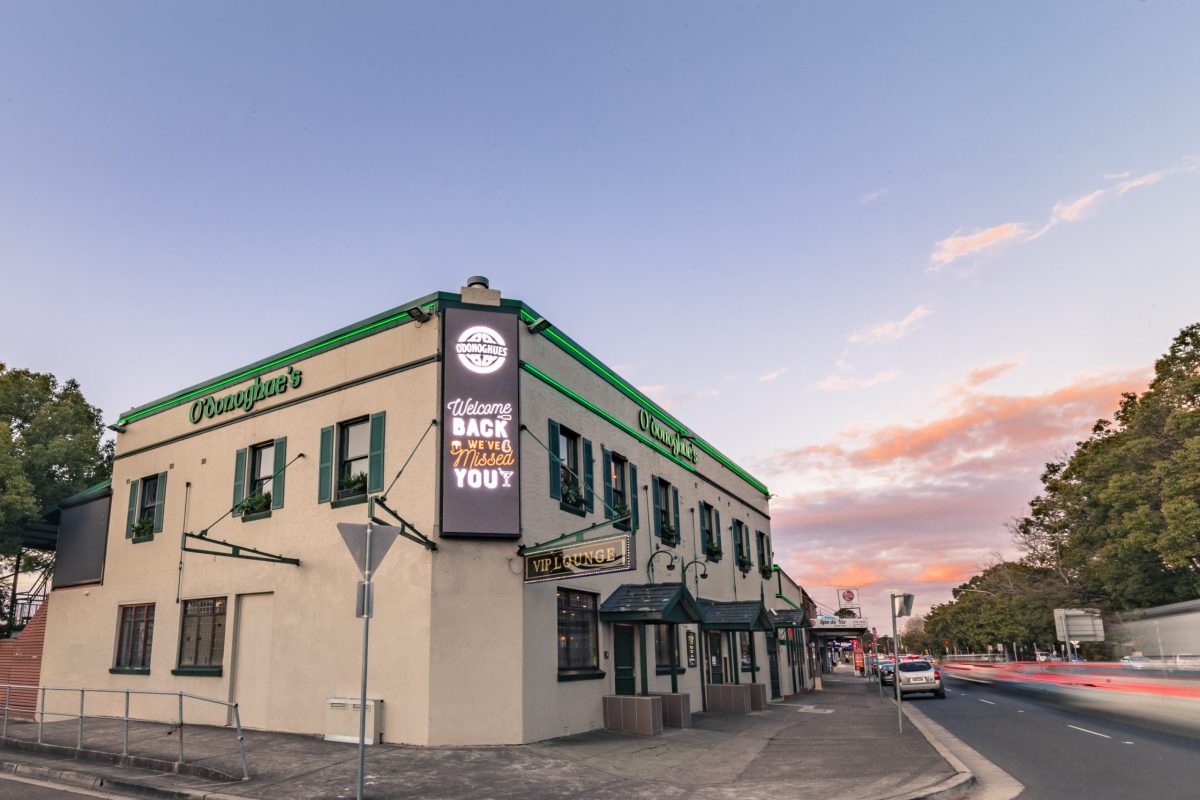Redcape (ASX:RDC) has added O’Donoghues Hotel in Penrith to its portfolio for $30.5m.
The western Sydney pub was sold by local operators FAL Group – which also owns Red Cow Hotel in Penrith – in a hotly contested campaign spearheaded by JLL’s John Musca and Ben McDonald and Knight Frank’s Mike Wheatley. FAL Group had owned and operated the pub for the last 23 years.
O’Donoghues Hotel sits on an 8000 sqm block directly opposite the Emu Plains train station. The pub itself sits on a 2600 sqm parcel, adjoining an extra 5500 sqm of commercially zoned land. O’Donoghues includes 30 EGMs and consistently brings in revenue in excess of $170,000 per week.
“We are thrilled to have O’Donoghues join the Redcape portfolio,” stated CEO Dan Brady.
“The hotel is complimentary to the Redcape portfolio and will benefit from the Group’s operational platform and refurbishment capability to provide a quality hospitality offering for the Emu Plains community.”
Penrith is one of the fastest-growing LGAs in Sydney currently, and Redcape joins Laundy Hotels and Oscars Hotels in staking a recent claim in the Penrith market. The Laundys purchased the famed Log Cabin Hotel in early 2020, and are also building a new tavern in the Jordan Springs residential development. In mid-2020, Oscars Hotels purchased the Tattersalls Hotel in the middle of the Penrith CBD for approximately $28 million.
McDonald noted that the sale of O’Donoghues is a further example of hotel groups looking to expand their footprint under comparably favourable economic conditions.
“Opportunities to acquire hotels such as O’Donoghues, that not only offer strong cashflow businesses but are underpinned by sound investment characteristics, including a dominant trading footprint in fast growing geographical locations, are being highly sought after by hotel operators and investors seeking greater exposure to the asset class.
“We are currently seeing varying boardroom strategies and capital deployment options employed and executed by hotel groups on significant expansion trails in a post COVID-19 world. These strategies continue to put downward pressure on capitalisation rates which we see continuing in 2021.”


